Summaries of books about U.S. History:
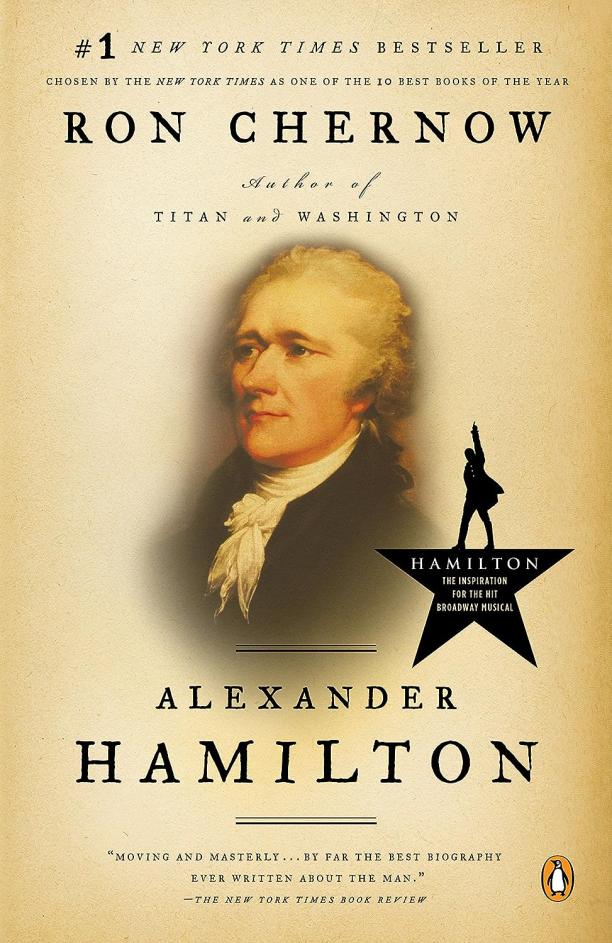
Alexander Hamilton
Ron Chernow
The biography provides an in-depth look at the life of Founding Father Alexander Hamilton, from his humble beginnings in the Caribbean to his influential role in shaping the United States' financial system, his political battles, and his infamous duel with Aaron Burr. It delves into his contributions to the Federalist Papers, his tenure as the first Secretary of the Treasury, and his complex relationships with other historical figures.
See full summary
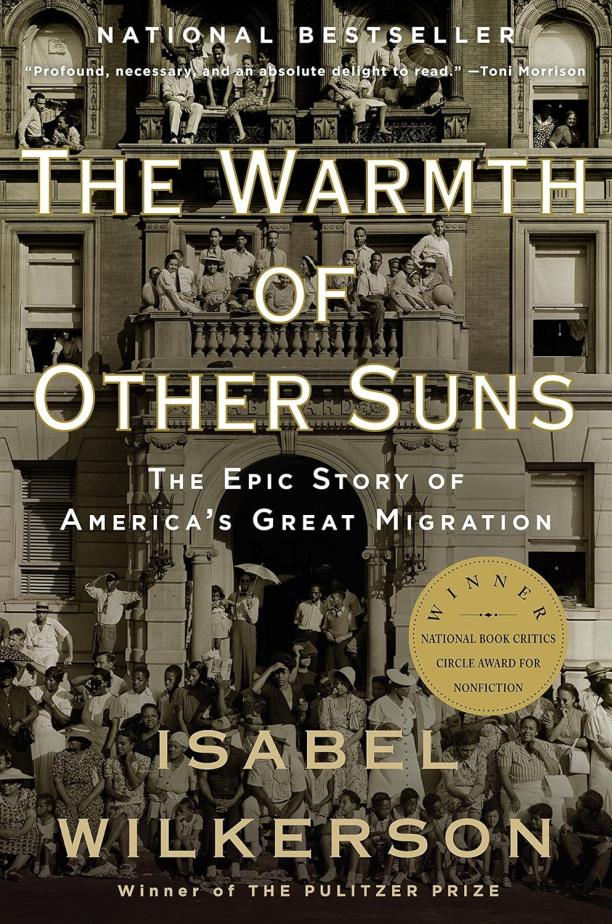
The Warmth of Other Suns
The Epic Story of America's Great Migration
Isabel Wilkerson
The book chronicles the decades-long migration of African Americans fleeing the Jim Crow South for northern and western cities in search of a better life. It weaves together the personal stories of three individuals who made the journey, set against the broader historical context of the time.
See full summary
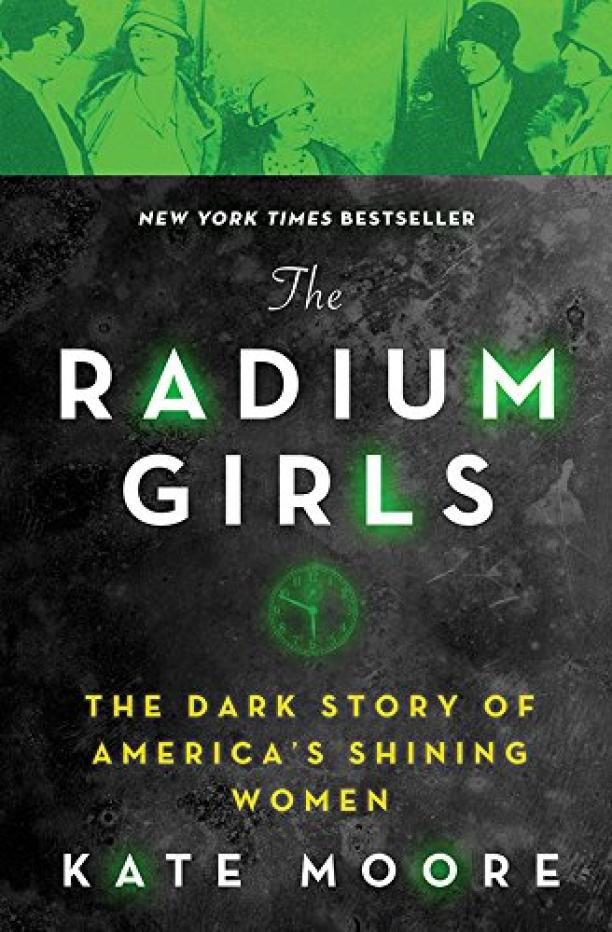
The Radium Girls
The Dark Story of America's Shining Women
Kate Moore
The book chronicles the harrowing experiences of female factory workers in the early 20th century who suffered from radium poisoning after being employed to paint watch dials with glow-in-the-dark radium paint. It exposes the deadly consequences of their work, the ensuing health crises, and their fight for justice against the corporations that prioritized profits over their safety.
See full summary
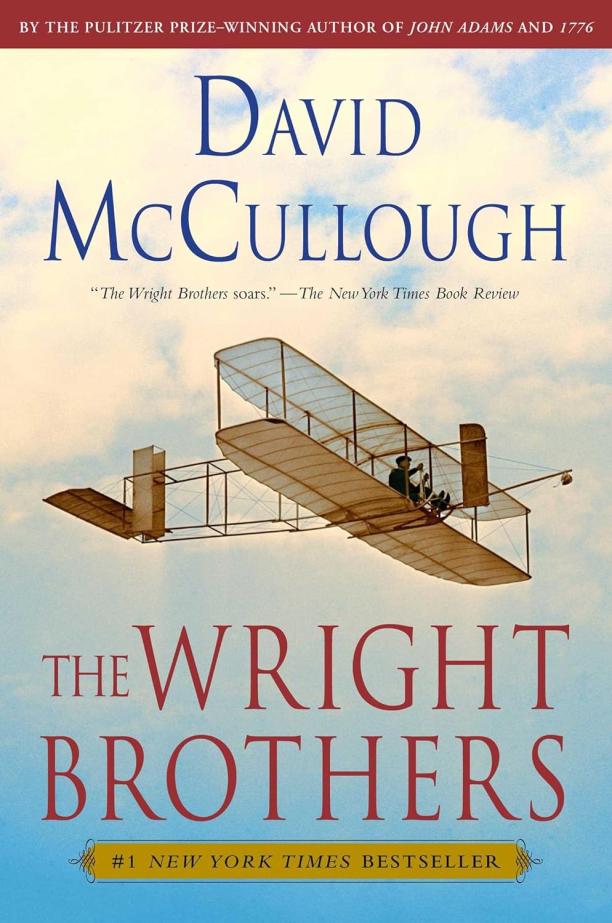
The Wright Brothers
David McCullough
The book chronicles the lives of Orville and Wilbur Wright, detailing their journey from operating a bicycle shop in Dayton, Ohio, to inventing and flying the first successful powered airplane at Kitty Hawk, North Carolina. It delves into their personal stories, the challenges they faced, and the impact of their historic achievement on the world.
See full summary
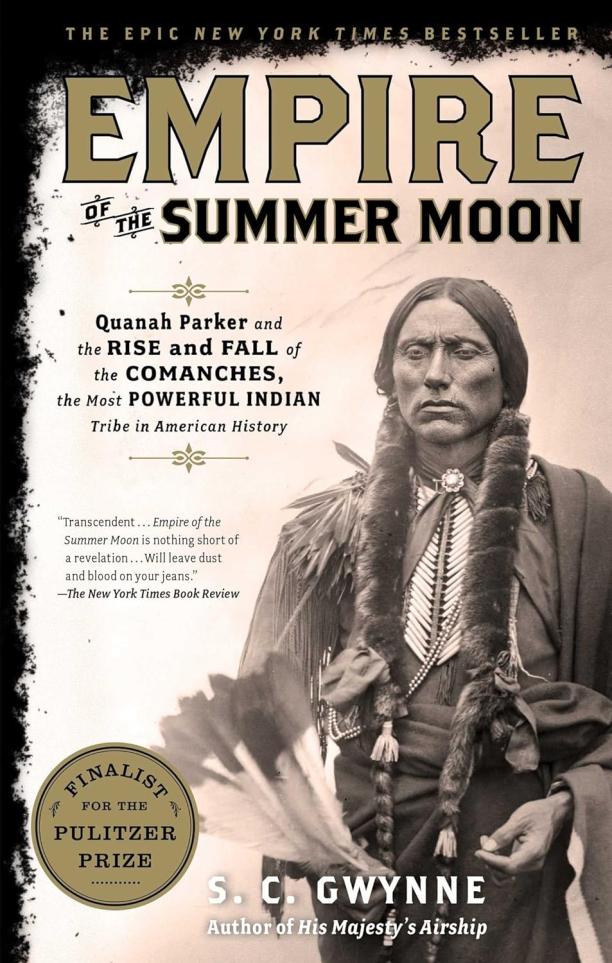
Empire of the Summer Moon
Quanah Parker and the Rise and Fall of the Comanches, the Most Powerful Indian Tribe in American History
S. C. Gwynne
The book chronicles the fierce struggle between the Comanche tribe, once the dominant Native American power in the southern Great Plains, and white settlers. It focuses on the life of Quanah Parker, the last and most influential Comanche chief, and the eventual surrender and adaptation of the Comanches to life on the reservation.
See full summary
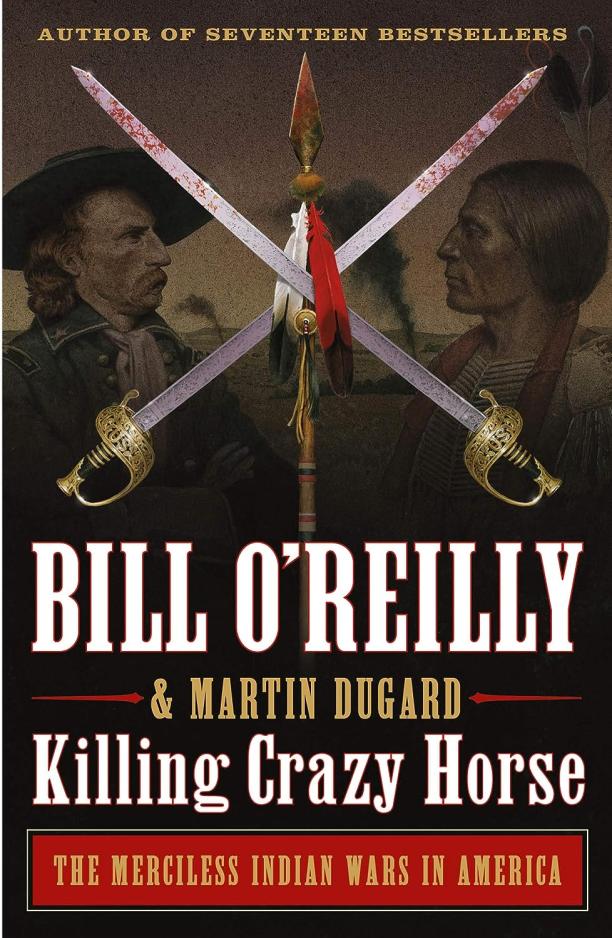
Killing Crazy Horse
The Merciless Indian Wars in America
Bill O'Reilly|Martin Dugard
The book delves into the violent conflicts between Native American tribes and American settlers and soldiers during the westward expansion of the United States. It provides a narrative of the battles, strategies, and key figures on both sides, including the story of the Oglala Lakota leader Crazy Horse.
See full summary
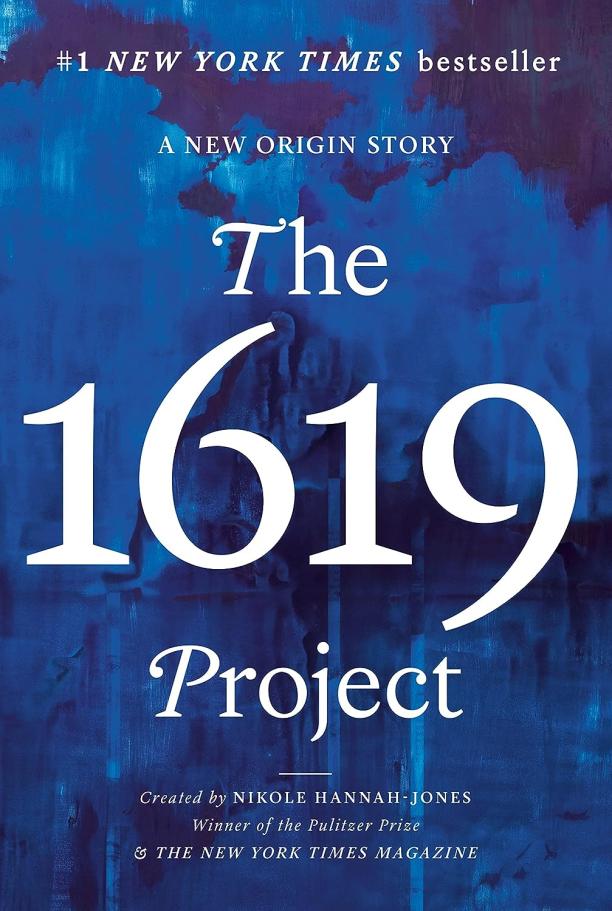
The 1619 Project
A New Origin Story
Nikole Hannah-Jones|The New York Times Magazine
The book reframes the historical narrative of the United States by placing the consequences of slavery and the contributions of Black Americans at the center of the national story. It consists of essays, poems, and fiction pieces that explore the legacy of slavery in contemporary American society, including its impact on democracy, the economy, and social institutions.
See full summary
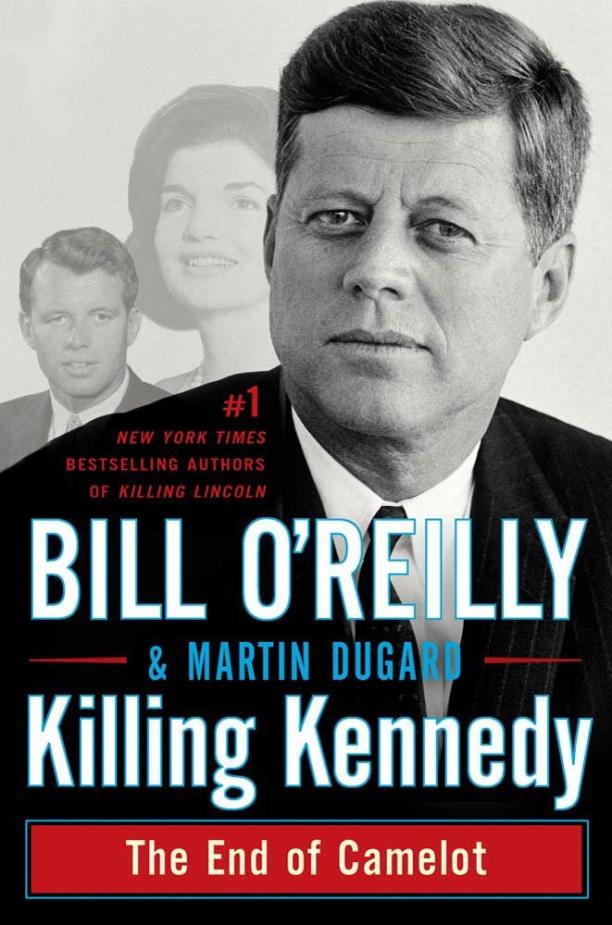
Killing Kennedy
The End of Camelot
Bill O'Reilly|Martin Dugard
The book delves into the events leading up to the assassination of President John F. Kennedy in 1963, exploring the political climate, personal relationships, and the aftermath that defined the end of an era in American history. It provides a narrative account of Kennedy's presidency, the complexities of his personal life, and the conspiracy theories surrounding his death.
See full summary
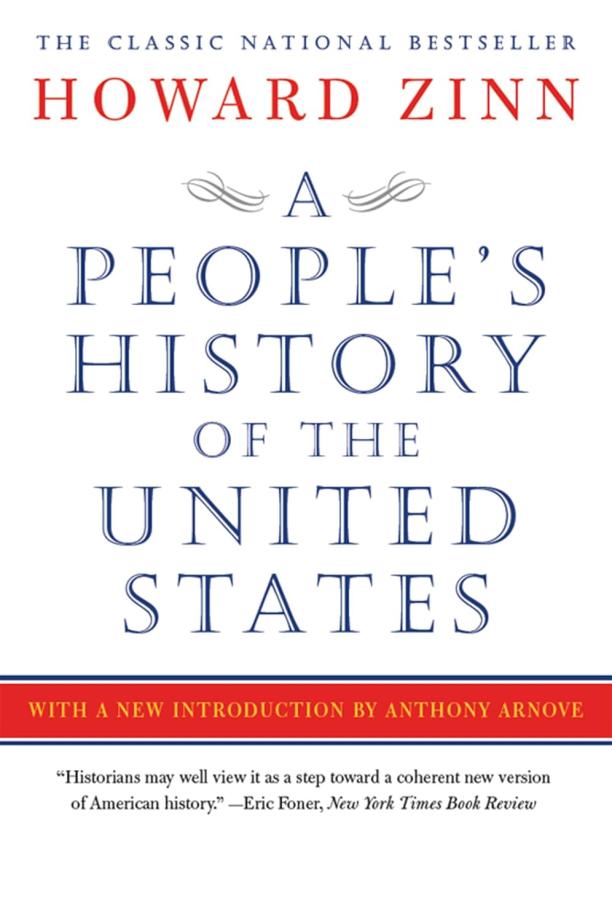
A People's History of the United States
Howard Zinn
The book presents an alternative perspective on American history, focusing on the struggles and viewpoints of the working class, women, African Americans, and Native Americans. It challenges traditional narratives by highlighting the impact of these groups and their resistance to oppression throughout the nation's past.
See full summary
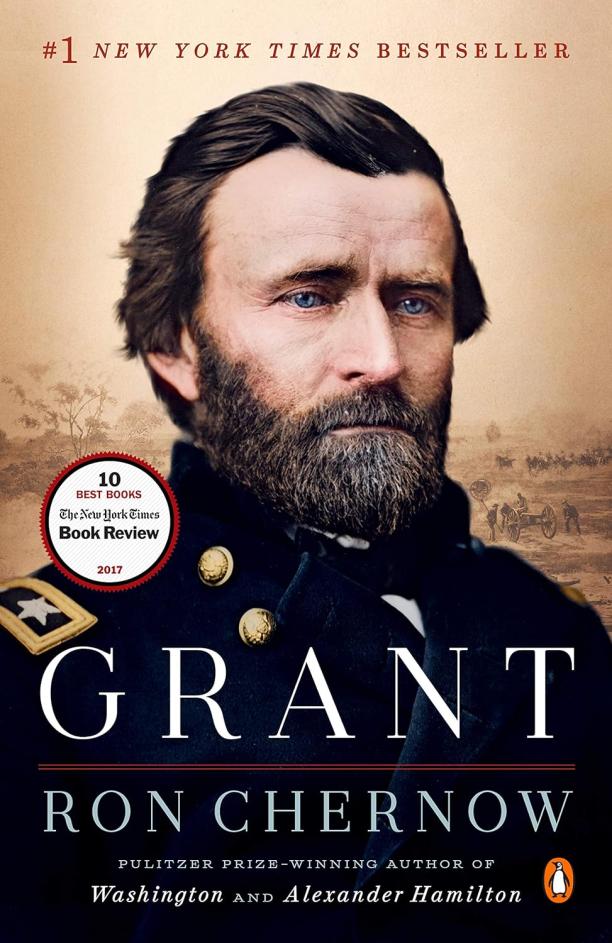
Grant
Ron Chernow
The biography chronicles the life of Ulysses S. Grant, from his early years, through his military career and presidency, to his post-presidential struggles. It provides a detailed examination of his leadership in the Civil War, his presidential policies, and his efforts to reconcile the nation and protect African American rights during Reconstruction.
See full summary